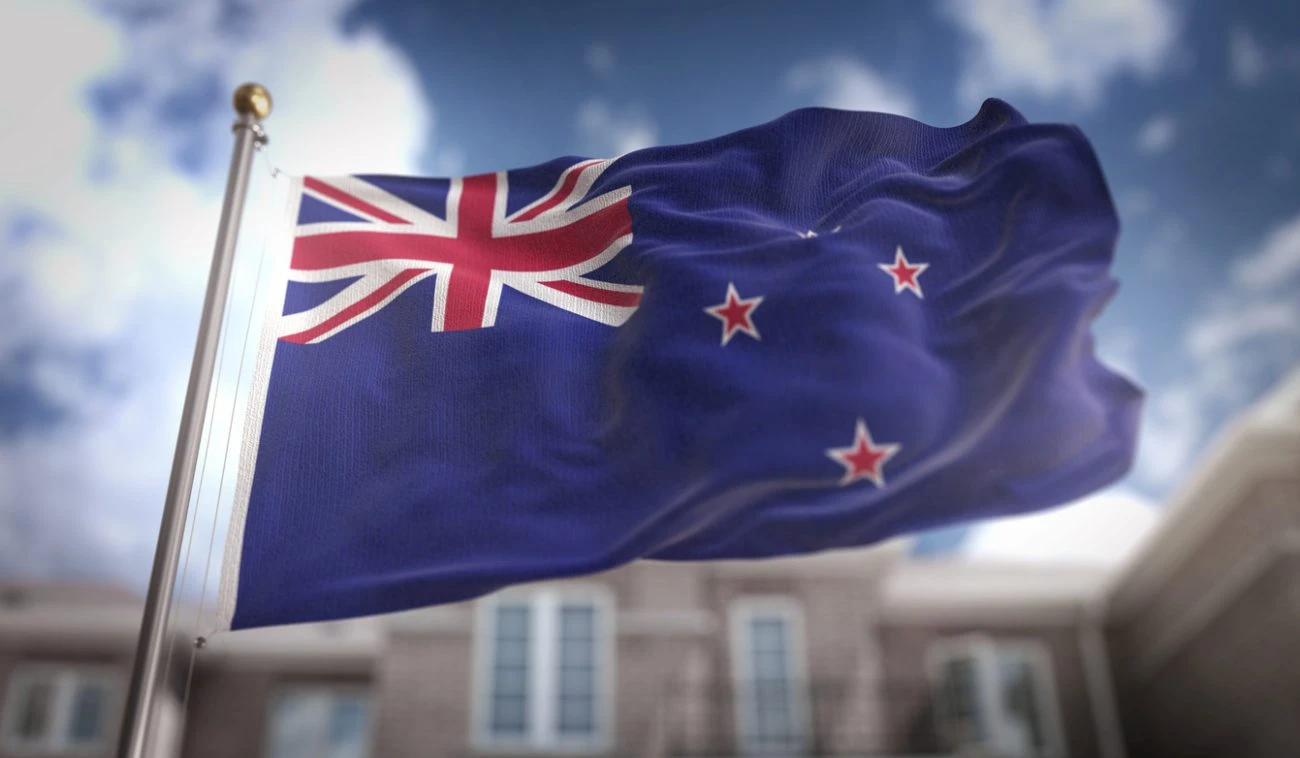GMANZ hits out at “unworkable” proposed changes to New Zealand laws

GMANZ this week takes part in a High Court hearing over aspects of new regulations set out by the New Zealand Department of Internal Affairs (DIA). Three GMANZ members will also be present at the hearing.
The last part of the regulations, aimed at reducing potential gambling harms, is due to become effective in less than a fortnight’s time, on 1 December.
GMANZ said it supports effective regulation that reduces potential harm. However, it also said it is concerned over many provisions in the new regulations. The organisation added that they do not address larger problems in the Class 4 gambling regulation space.
GMANZ independent chair Peter Dengate Thrush in particular hit out at how the new regulations were developed without “proper” consultation.
“Who are better to identify potential harm than the people working in the venues?” Dengate Thrush asked. “Many of the proposed regulations pay lip service to harm minimisation – or may cause more harm – and are decisions made by technocrats who have zero experience inside Class 4 venues.
“There are serious workability issues with the new regulations, for example cash withdrawal duties and the associated gaming area sweep duties.”
GMANZ: DIA unwilling to discuss concerns
Dengate Thrush picked out several proposals in his criticism. These included how an indicator of problem gambling may be a player making more than two cash withdrawals inside a Class 4 venue in a single day. However, as Class 4 venues may also be bars and pubs, there is no way of proving what they spend this money on.
He also hit out at a proposal for staff to record every person in a gaming room every 20 minutes, including their description for future reference. Dengate Thrush said this could be 20 people, three times an hour, every hour for 12 or 14 trading hours per day. This, he added, would result in 720 recordings per day, or about a quarter-million per year.
“The staff have to do this work while pouring drinks, cleaning up, monitoring intoxication and everything else required of a responsible venue host,” he said. “Our venue operators consider this unworkable. We have raised these concerns with DIA on a number of occasions, in person, via workshops and webinars, they are completely unwilling to hear us.”
Criticism of New Zealand regulator
Dengate Thrush also hit out at the New Zealand industry regulator. He said that the issues with the regulations symbolise a much larger, more pervasive problem, in that the regulator “is not working as well as it could”.
“The new regulations aren’t anchored in the reality of Class 4 venues or their staff who do the brunt of that front-line problem gambling reduction work,” he said. “The regulator doesn’t seem to be listening to the industry and is instead spinning up unworkable regulations to justify itself.
“We want non-compliant bad actors in our industry to be prosecuted as much as anyone. But this type of regulation in this industry is just not good enough – our people at the coalface deserve better.”
Dengate Thrush went on to say GMANZ is keen for problem gambling levy funds for training and for investment in technology to reduce gambling harm. This includes facial recognition for additional protection and support.
“The common ground across the industry is reducing harm as identified and support for those who need it,” Dengate Thrush said.
“None of our members want anyone harmed in any venues. We want any hosts not taking their responsibility seriously to be targeted and those not following processes to face prosecution. These regulations may make things worse.
“We need the Department of Internal Affairs to actually listen to us as an important part of the ecosystem.”
